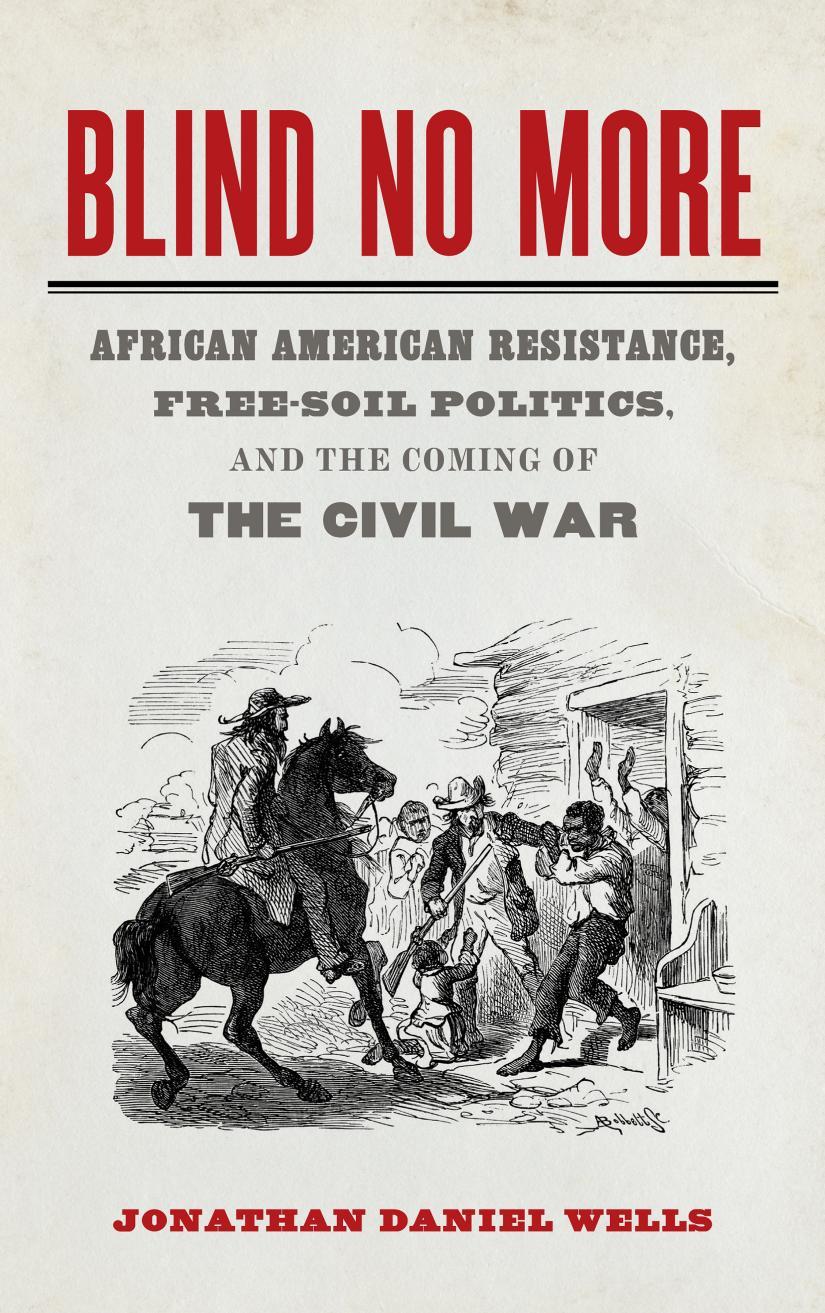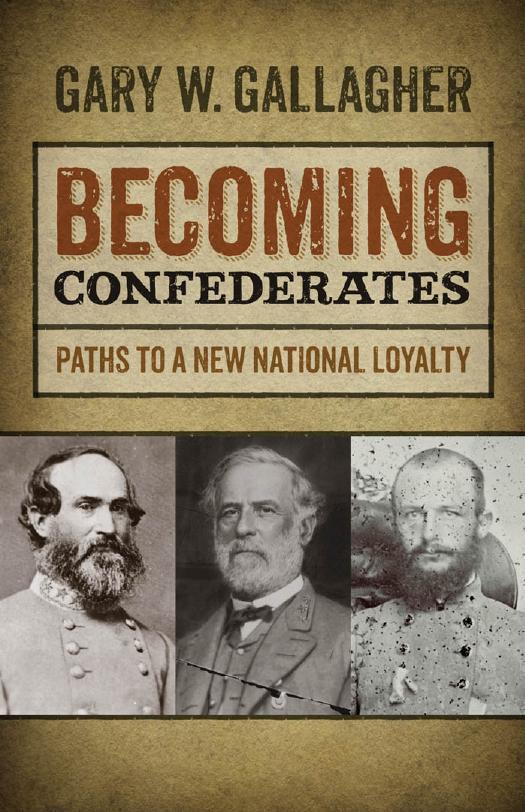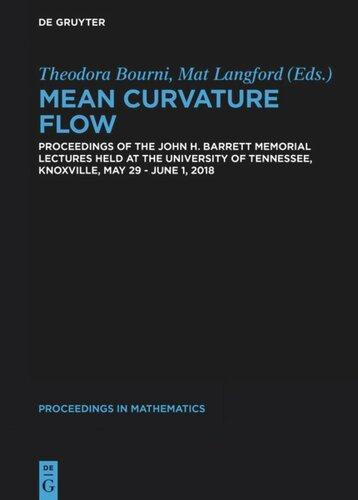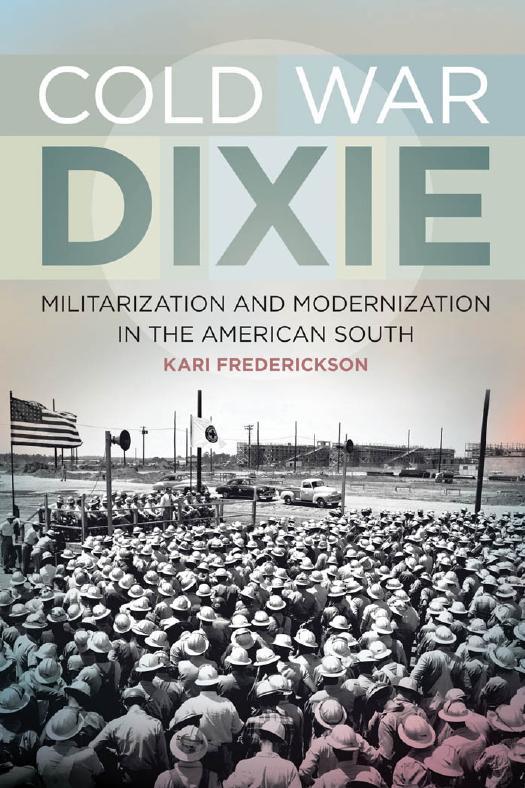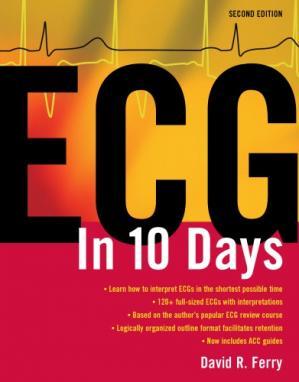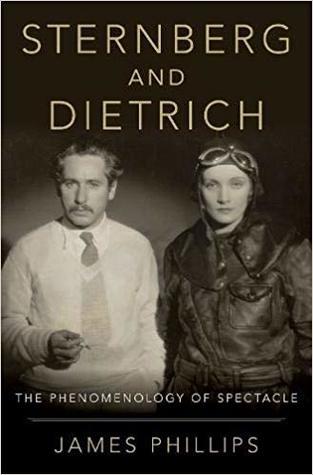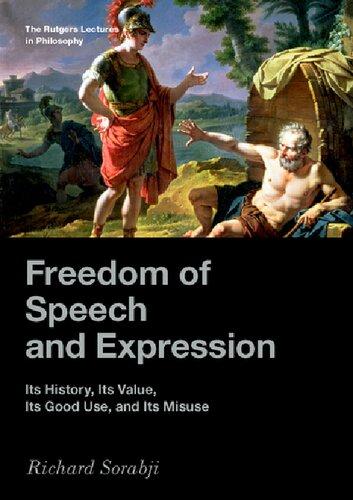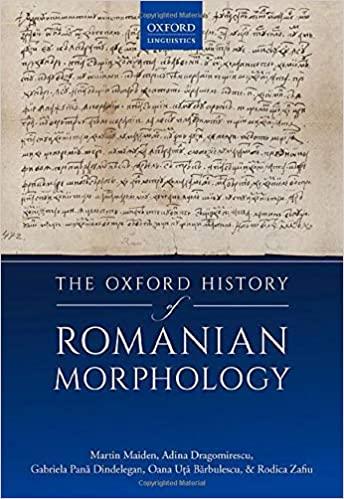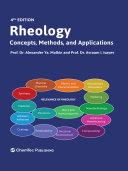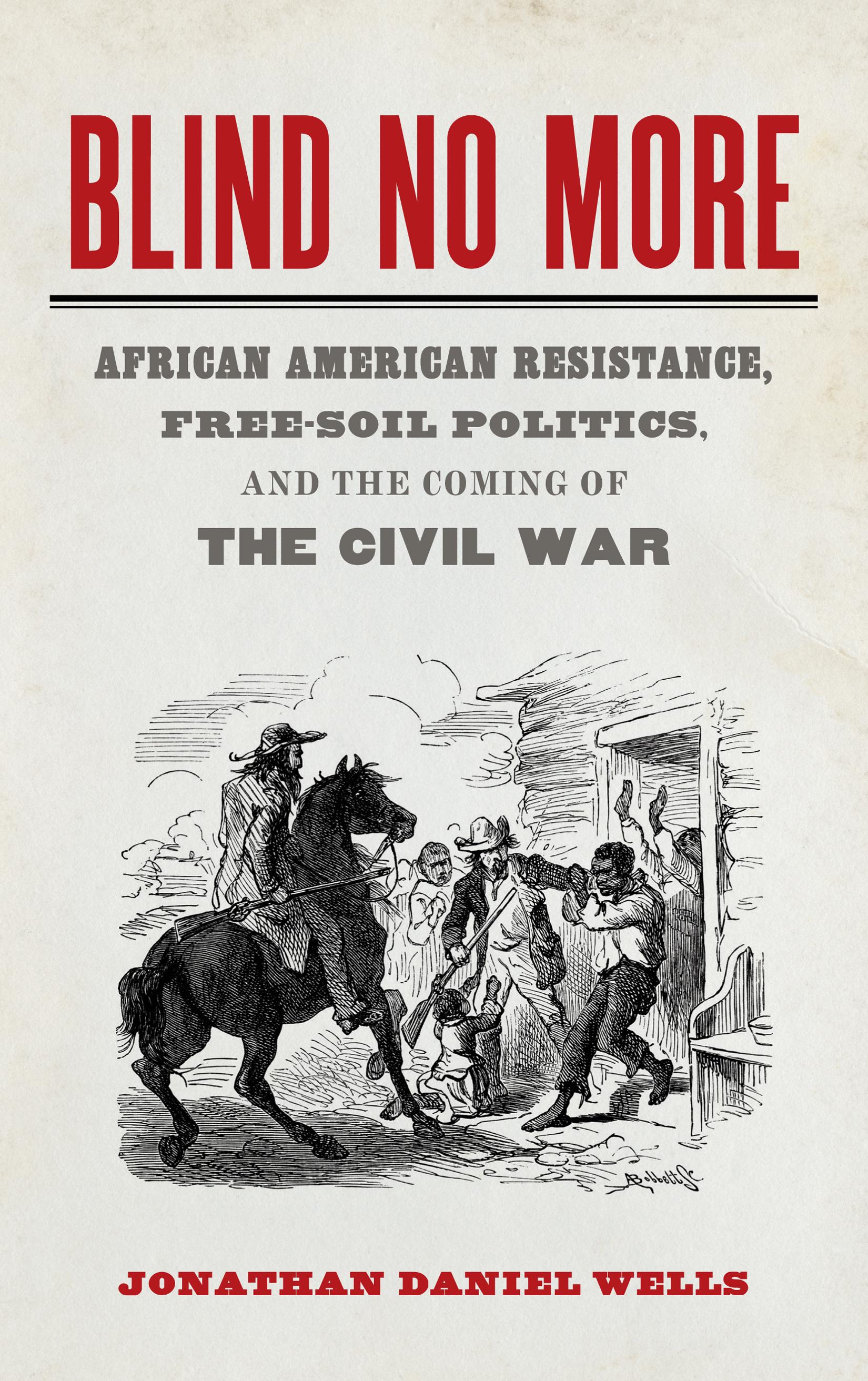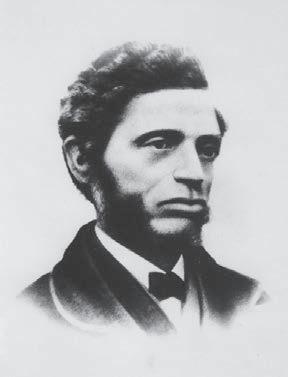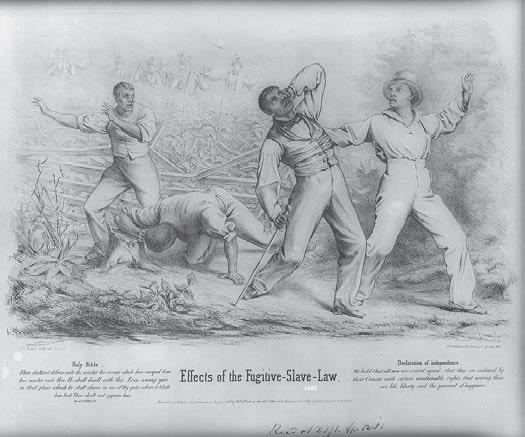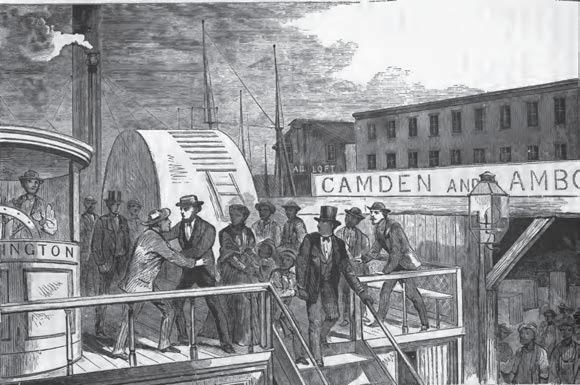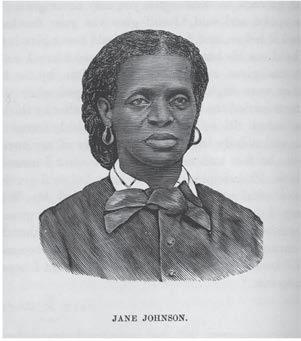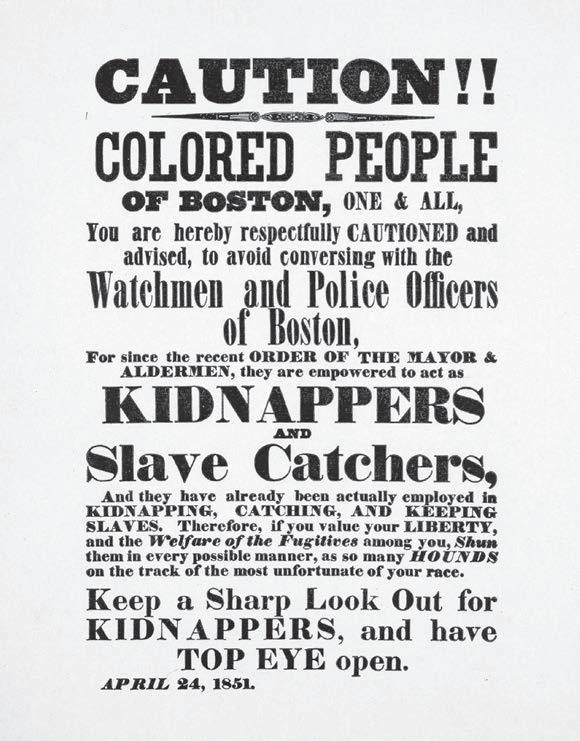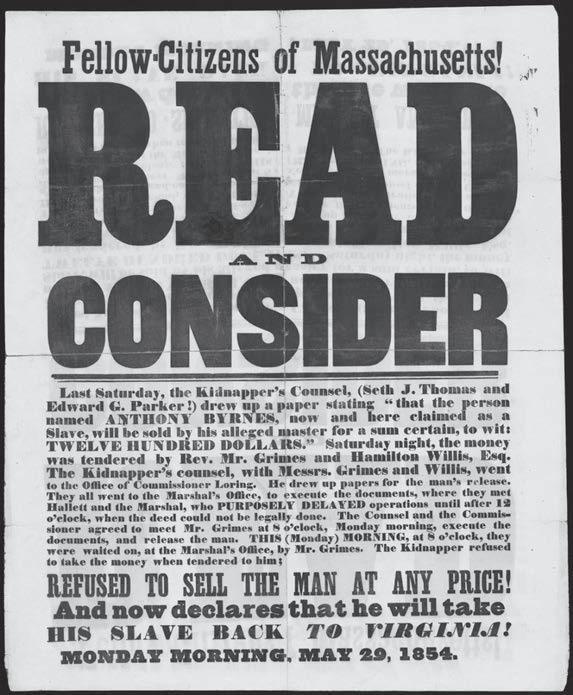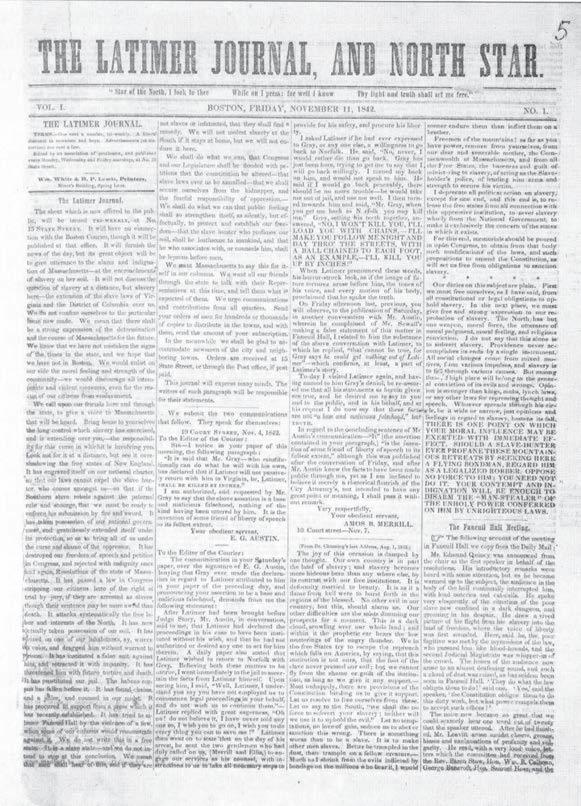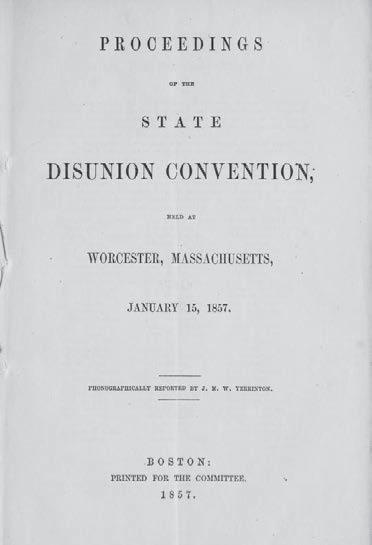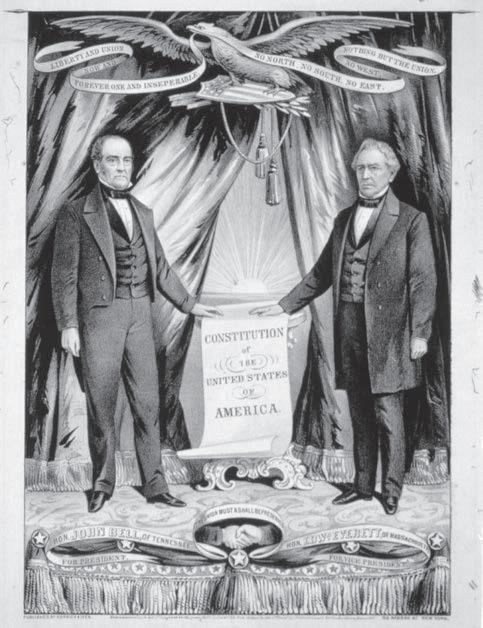BlindNoMore:AfricanAmericanResistance,FreeSoilPolitics,andtheComingoftheCivilWar (MercerUniversityLamarMemorialLecturesSer. Book57)Wells https://ebookmass.com/product/blind-no-more-africanamerican-resistance-free-soil-politics-and-the-coming-ofthe-civil-war-mercer-university-lamar-memorial-lectures-serbook-57-wells/
Instant digital products (PDF, ePub, MOBI) ready for you
Download now and discover formats that fit your needs...
Becoming Confederates: Paths to a New National Loyalty (Mercer University Lamar Memorial Lectures Ser., 54) Gallagher
https://ebookmass.com/product/becoming-confederates-paths-to-a-newnational-loyalty-mercer-university-lamar-memorial-lecturesser-54-gallagher/ ebookmass.com
Mean Curvature Flow: Proceedings of the John H. Barrett Memorial Lectures held at the University of Tennessee, Knoxville, May 29–June 1, 2018 Theodora Bourni (Editor)
https://ebookmass.com/product/mean-curvature-flow-proceedings-of-thejohn-h-barrett-memorial-lectures-held-at-the-university-of-tennesseeknoxville-may-29-june-1-2018-theodora-bourni-editor/ ebookmass.com
Cold War Dixie: Militarization and Modernization in the American South (Politics and Culture in the TwentiethCentury South Ser., 18) Frederickson
https://ebookmass.com/product/cold-war-dixie-militarization-andmodernization-in-the-american-south-politics-and-culture-in-thetwentieth-century-south-ser-18-frederickson/ ebookmass.com
ECG in 10 Days 2nd Edition David Ferry
https://ebookmass.com/product/ecg-in-10-days-2nd-edition-david-ferry/
ebookmass.com
Gastrointestinal Pathology : Correlative Endoscopic and Histologic Assessment 1st Edition Gregory Y. Lauwers
https://ebookmass.com/product/gastrointestinal-pathology-correlativeendoscopic-and-histologic-assessment-1st-edition-gregory-y-lauwers/
ebookmass.com
Sternberg and Dietrich: The Phenomenology of Spectacle
James Phillips
https://ebookmass.com/product/sternberg-and-dietrich-thephenomenology-of-spectacle-james-phillips/
ebookmass.com
Wicked Brute (Wicked Trilogy Book 1) M. James
https://ebookmass.com/product/wicked-brute-wicked-trilogybook-1-m-james/
ebookmass.com
Freedom of Speech and Expression: Its History, Its Value, Its Good Use, and Its Misuse Richard Sorabji
https://ebookmass.com/product/freedom-of-speech-and-expression-itshistory-its-value-its-good-use-and-its-misuse-richard-sorabji/
ebookmass.com
The Oxford History of Romanian Morphology Martin Maiden
https://ebookmass.com/product/the-oxford-history-of-romanianmorphology-martin-maiden/
ebookmass.com
https://ebookmass.com/product/rheology-concepts-methods-andapplications-alexander-y-malkin/
ebookmass.com
Blind No More
Mercer University Lamar Lectures No. 57
BLIND NO MORE
African American Resistance, Free-Soil Politics, and the Coming of the Civil War
jonathan daniel wells
th e university of georgia press Athens
© 2019 by the University of Georgia Press Athens, Georgia 30602
www.ugapress.org
All rights reserved
Set in 10.3/15 Sabon and ITC Century by Rebecca A. Norton
Most University of Georgia Press titles are available from popular e-book vendors.
Printed digitally
Library of Congress Cataloging-in-Publication Data
Names: Wells, Jonathan Daniel, 1969– author.
Title: Blind no more : African American resistance, free-soil politics, and the coming of the Civil War / Jonathan Daniel Wells.
Description: Athens, Georgia : The University of Georgia Press, [2019] | Includes bibliographical references and index.
Identifiers: lccn 2018036509 | isbn 9780820354859 (hardcover : alk. paper)
Subjects: lcsh: United States. Fugitive slave law (1850) | Fugitive slaves—Legal status, laws, etc.—United States. | Slavery—Political aspects—United States—History—19th century. Classification: lcc e450 .w46 2019 | ddc 342.7308/7—dc23 lc record available at https://lccn.loc.gov/2018036509
For David R. Colburn mentor and friend
This page intentionally left blank
From the day you disappear I dream and plot. To learn where you are and how to be there. I want to run across the trail through the beech and white pine but I am asking myself which way? Who will tell me? Who lives in the wilderness between this farm and you and will they help me or harm me?
—toni morrison, A Mercy
This page intentionally left blank
Foreword, by Douglas E. Thompson xi
chapter 1
The Long Civil War: Kidnapping and Black Activists in the Early Republic
14
chapter 2
The Making of the Fugitive Slave Law and the Sectional Crisis
43
chapter 3
Civil Conflict in the North: Reactions to the Fugitive Slave Law in the Fall of 1850
71
chapter 4
Trying to Save the Union: Battles over the Fugitive Slave Law in the 1850s 90
chapter 5
An End to Compromise
115
Notes 135 Index 163
This page intentionally left blank
Foreword
In late October 2017, Jonathan D. Wells gave the Eugenia Dorothy Blount Lamar Lectures at Mercer University. For the first time in the series’ sixty-year history, a lecturer turned the gaze away from the American South to examine how the regional divide leading to the American Civil War occurred because of the radicalizing political influence of African Americans—those who escaped to free soil and those born on free soil—on the abolitionist movement. Wells places African Americans at the center of the regional crisis rather than branding them as passive subjects of southern politicians and white northern abolitionists in the slide toward civil war. The Lamar committee is grateful to Wells for redirecting southern studies’ attention in this way.
In the mid-1950s, Eugenia Dorothy Blount Lamar made a bequest to Mercer University, located in her hometown of Macon, Georgia, “to provide lectures of the very highest scholarship which will aid in the permanent preservation of the values of Southern culture, history, and literature.” For sixty years, the Lamar Memorial Lectures committee has brought to Mercer the best minds to examine and explain the peculiar politics, social customs, religious piety, and racial dynamics of the American South. In that sixty-year history, scholars of history and literature have revealed the complexity of the region, perhaps sometimes even in contrast to Lamar’s own understanding of the “permanent preservation of the values of Southern culture.” In the case of Well’s lectures, he treated the committee, Mercer’s undergraduates, and the wider Macon community to
a series of lectures that allowed enslaved people and former enslaved people to tell the story of their role in the coming Civil War.
Since the last publication of the Lamar Memorial Lecture Series, Mercer University earned a National Endowment of the Humanities (neh) Challenge Grant, which will over the course of five years establish a $2 million endowment to underwrite the extensive programming around southern studies at the university, including the Lamar Memorial Lecture Series. In 2017, Mercer established the Spencer B. King, Jr. Center for Southern Studies to house both the endowment and southern studies programs. Named after a longtime history department faculty member, the King Center for Southern Studies fosters critical discussions about the many meanings of the South. As the only center for southern studies in the United States dedicated to the education and enrichment solely of undergraduate students, the center’s primary purpose is to examine the region’s complex history and culture through courses, conversations, and events that are open, honest, and accessible.
The committee would like to thank three people in particular who helped pull off both the lectures and the manuscript publication. Longtime program assistant Bobbie Shipley coordinated all of our efforts to bring this lecture series to Macon, as she has for several decades. Mick Gusinde-Duffy and Beth Snead have been wonderful guides as the three lectures turned into an introduction and five-chapter publication. I am particularly grateful to Beth for her patience and keen sense of how these published lectures will help reorient the way we think and write about the American South moving forward.
With this publication, the Lamar Memorial Lectures committee would like to acknowledge six decades of work by dedicated faculty and administrators at Mercer University to sustain this valuable series to the field of southern studies. Their constant attention to bring “the very highest scholarship” to
xii Foreword
publication is a testament to the importance of critical analysis of the region and the role it plays in the nation. Wells’s lectures extended that conversation as we head toward the next sixty years.
Douglas E. Thompson, Chairman Lamar Memorial Lecture Committee Director, Spencer B. King, Jr. Center for Southern Studies Macon, Georgia
Foreword xiii
This page intentionally left blank
Acknowledgments
I was honored to deliver the 2017 Lamar Lectures at Mercer University, and I would like to thank especially Professors Sarah E. Gardner and Doug Thompson as well as the staff of the Spencer B. King Jr. Center for Southern Studies for their warm hospitality. Many thanks as well to the University of Georgia Press and its editors and staff, including Jon Davies and Joseph Muller, for helping to improve the manuscript.
This page intentionally left blank
Blind No More
This page intentionally left blank
Famed abolitionist William Cooper Nell was an important member of Boston’s black community and a leading opponent of the kidnapping of African Americans. (Wikimedia)
This 1850 print published after the passage of the Fugitive Slave Law illustrated the ways in which the legislation was antithetical to the Bible and the Declaration of Independence. (Theodor Kaufmann, Effects of the Fugitive-Slave-Law [New York: Hoff & Bloede, 1850]; Library of Congress)
This illustration depicts Philadelphia abolitionists protecting Jane Johnson and her children from the clutches of John Wheeler. (From William Still’s 1872 book The Underground Railroad; Wikimedia)
Jane Johnson became a heroine for Philadelphia’s black community. A plaque celebrating her escape sits along the Delaware River. (From William Still’s 1872 book The Underground Railroad; Wikimedia)
Broadsides and flyers such as this one posted in Boston in 1851 warned African Americans when slavecatchers were spotted. (Library of Congress)
The Anthony Burns case in 1854 shocked Massachusetts residents as well as citizens across the free states. (Boston Public Library, Rare Books Department)
The case of George Latimer convinced many in and around Boston that northern free-soil states had to fight for their rights as states.
(Massachusetts Historical Society)
The emergence of a powerful states’ rights ideology in free states indicated that freesoilers had become impatient with the Constitution’s compromise over slavery. (Archive.org)
Although the Constitutional Union Party, led in the 1860 presidential election by candidates John Bell and Edward Everett, garnered some support in Upper South states such as Tennessee, there was little support for a middle-ofthe-road position on slavery in the free states. (Library of Congress)

